YOUTH WORKERS IN BOSNIA AND HERZEGOVINA
We start this year’s series on youth workers in BiH at the Youth Council of Federation of Bosnia and Herzegovina. We’re here to talk to an amazing youth worker who works hard every day to contribute to the development of the youth sector.
Nedim Alibegović is in the final year of his undergraduate program in European Integration at the Faculty of Economy of the University of Sarajevo. He was born and raised in Sarajevo. While growing up, he had ample opportunities to learn how various organizations work, which helped shape him. While in high school, Nedim acted as a peer educator and member of the Steering Committee of the Association of Secondary School Students in BiH. This is how his involvement in the youth work sector began.
His decision to be a youth worker was driven by his desire to give back and make sure other young people benefit from youth work as he did.
It would have been selfish of me to keep all the benefits of youth work for myself. While I’m helping others, I feel myself growing as a person too. If you surround yourself with people who want to learn and grow, you won’t have much choice but to join them. – says Nedim about his motivation for youth work.
He became a certified youth worker in 2018, after completing the certification training for youth workers conducted by the Institute for Youth Development KULT in cooperation with the Olof Palme International Center. The training, says Nedim, was his first foray into considering youth work as a systematic activity.
A lot of the tools and techniques I was already familiar with, but I didn’t look at them as parts of a bigger picture. Before this training, I didn’t think of youth work as a systematic approach to the growth and development of a young persons, which is what youth work is in its essence. This training helped me appreciate the importance of youth work as a system, which I think was crucial for my growth, particularly for my efforts to provide a framework conducive to better development of youth work in the future. The most important thing I learned during the training is that I have to make sure to help myself before I try to help other people, with people in general and in the civil society. Only a person who is happy and fulfilled can help other young people live up to their potential faster (although this fact is often ignored). I also picked up a lot of tools that helped me grow and learn about myself, and later I used the same methods in my youth work in the field.
This successful young man believes that investing in human capacity development is the only way forward. He celebrates every problem solved and every challenge overcome, especially if it’s all done by young people who say ‘yes, we do care, and yes, it is our business’.
As I grew more mature, I started realizing that youth work is a process that requires a systematic approach. This is why I still make myself available to groups of young people and I’m trying to come up with ways to channel the support I provide through Youth Council projects into encouraging individual development of young people. With time, I realized that the growth of local organizations depends on active young people, although some places are having a hard time keeping young people from leaving their communities. I continue to work directly with young people, supporting their personal development, helping them write project proposals, while at the same time trying to draw attention to the essential value of youth work for strong youth associations and youth councils.
Nedim is currently the General Secretary of the Youth Council of FBiH and says that youth work has somewhat slipped from his daily life because he lacks the time necessary to give himself fully to provide quality work that yields results.

Although I never stopped being a youth worker, I’m currently more concerned with the strategic perception of youth work and providing the conditions necessary for implementing strategic activities. Professionally, that’s a bigger challenge for me right now, since it’s one of the biggest problems facing youth work in BiH.
He says he tries to be optimistic about the youth work sector in BiH.
A lot of groups can serve as examples of how progress is possible, but when it comes to systematic work we have to end the current practice of investing far too little in developing the potential of youth and ignoring their contributions to society. The numbers of young people in local communities are dwindling as increasingly more youth decide to emigrate. This also means fewer organized youth groups, which are essential for creating a strong base for the youth work sector to exist on. We are now living through the consequences of bad youth policies, and we have to make use of what we have to shape a better reality. It’s certainly possible to a provide youth-friendly environment, but not without the cooperation between the two most important stakeholders – government institutions and young people.
As a youth worker, Nedim tells young people that change starts with them.
My activism started from a maybe selfish intention to change myself, but in the process, I learned that a better me can contribute more to society. Like I always say, whatever we’re doing will be easier and faster if we do it together. The same goes for growth and development – we can go it alone, but it will be more fun if we do it together. In the end, we usually realize that we share the same goals and are just traveling different paths to reach them. That’s why we have to respect each other and make use of the knowledge that we can reach the same goals by taking different paths. Don’t let young people be their own worst enemy, because that attitude makes it so much harder to solve problems, however small.
He intends to continue contributing to a youth-friendly environment and believes that studying economy from the point of view of development policies can contribute to strengthening this field in BiH.
It’s lamentable how rarely we see youth as investment opportunities that can result in economic benefits too. I’m not giving up on youth work, and I’ll do my best to change this for the better. When it comes to my geographic location, it doesn’t really matter that much to me; I think the challenges I mentioned can be addressed both from BiH and abroad – says Nedim.



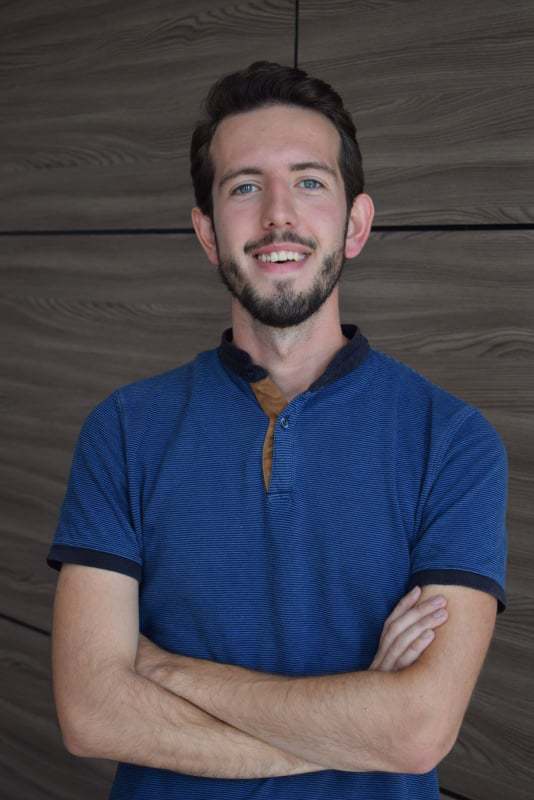








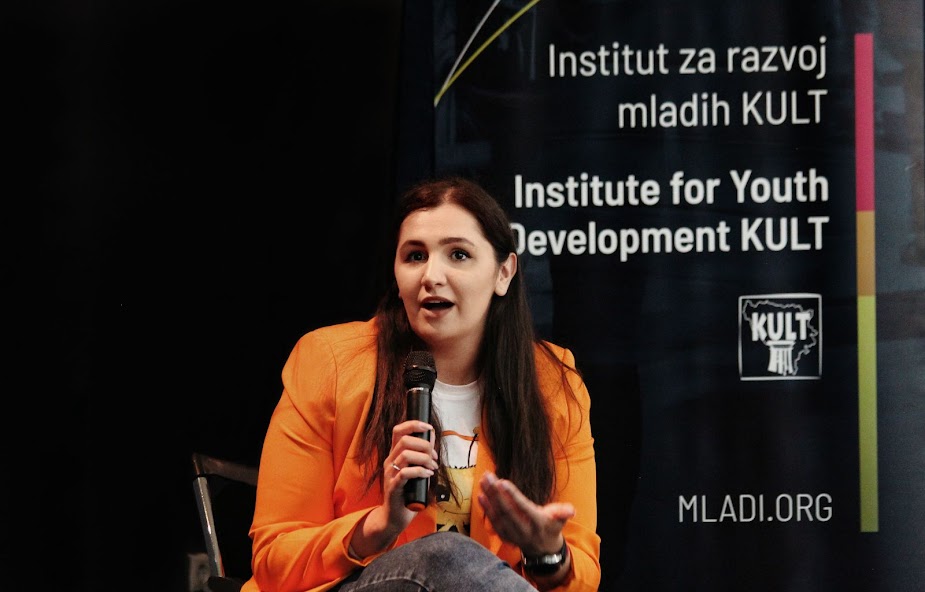
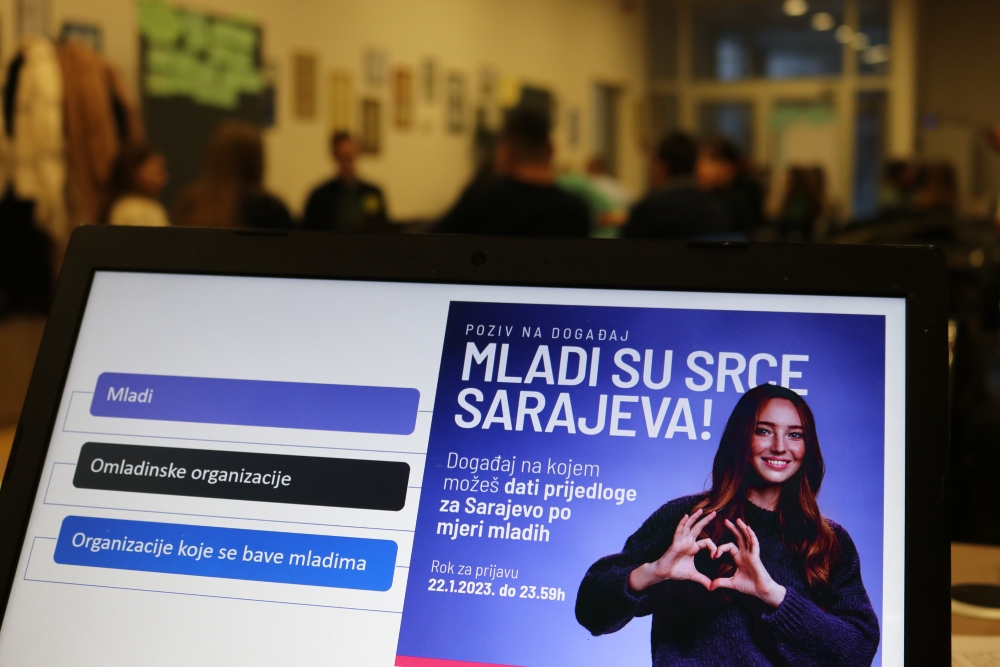
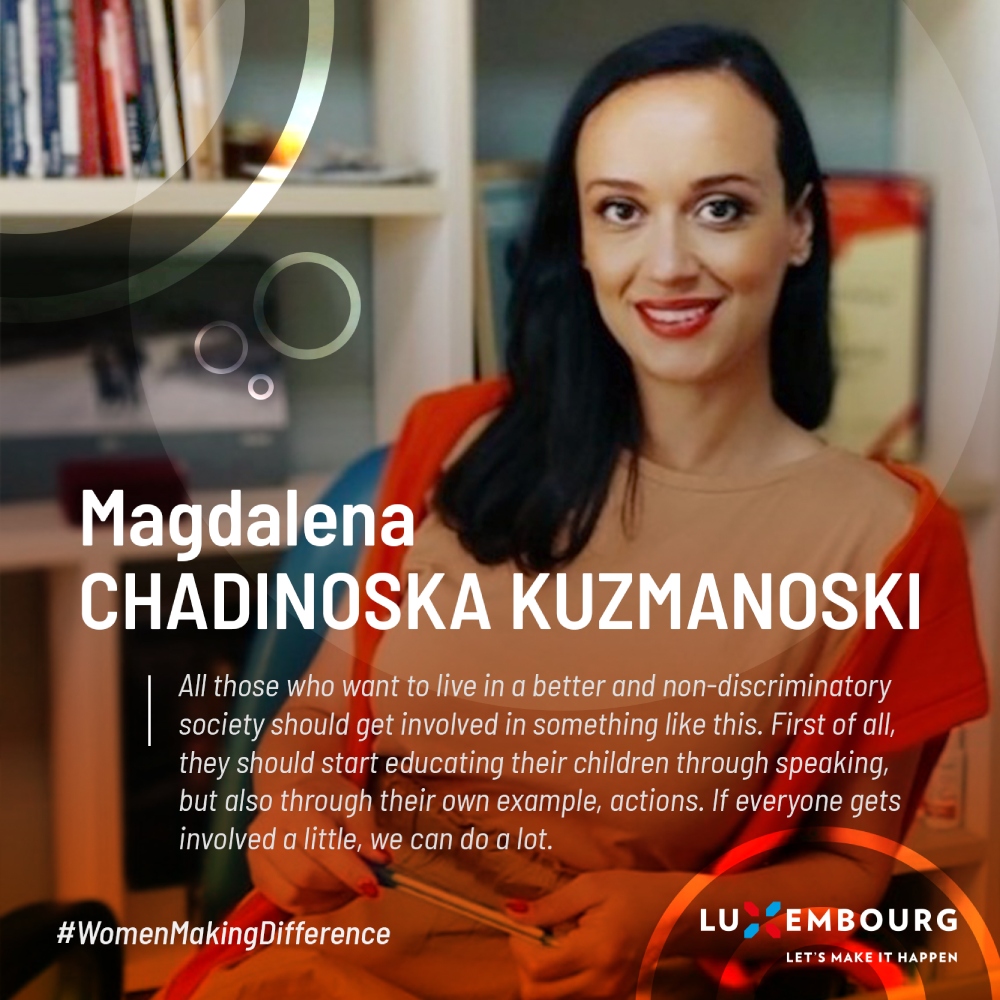
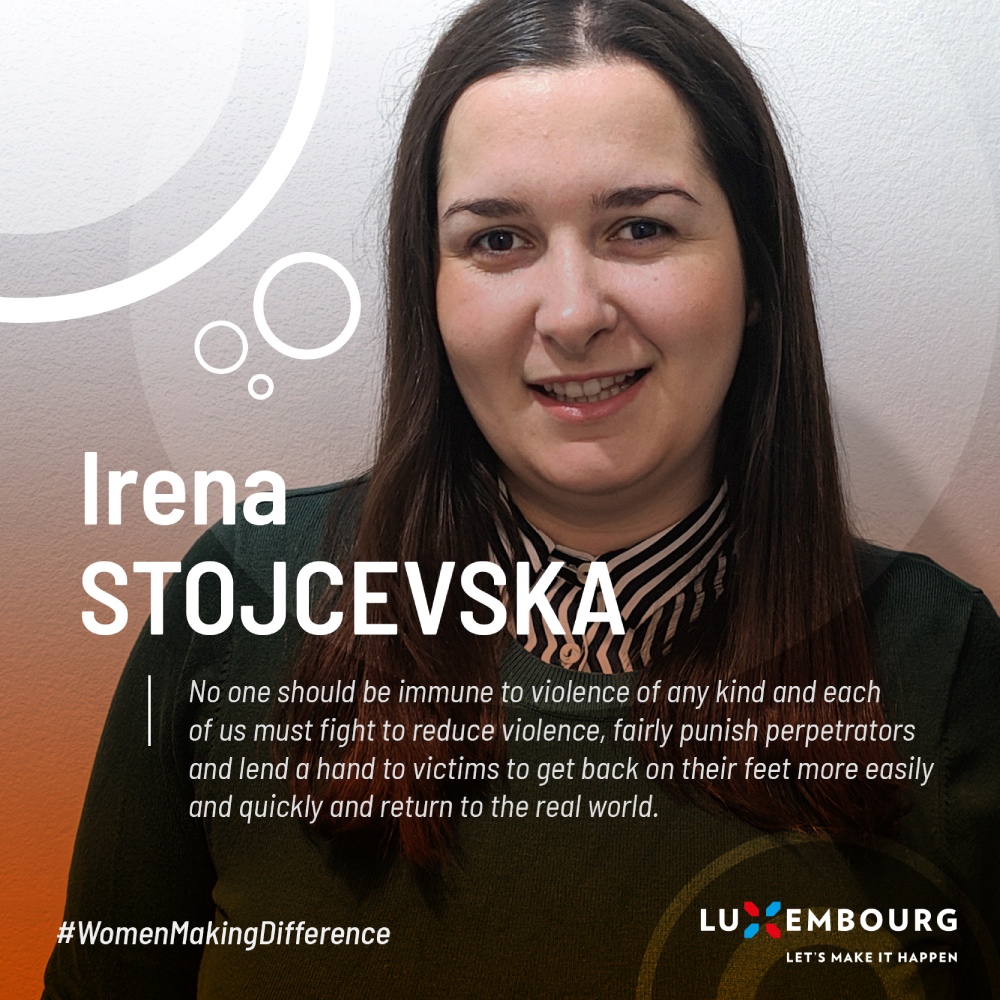
Leave a comment